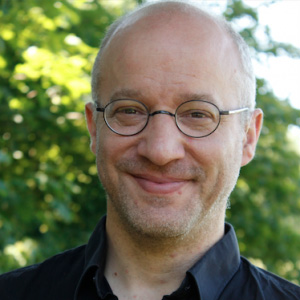Götz Nordbruch tells about ‘Live Democracy!'

date: 06/12/2019
In late October, the German government decided to allocate EUR 115.5 million annually to its funding scheme called “Live Democracy!” to support local, regional and national actors to prevent radicalisation and to promote democracy (see www.demokratie-leben.de).
“Live Democracy!” was launched by the Federal Ministry for Family Affairs in 2015 and has since allowed for the implementation of several hundred pilot projects country-wide, mostly run by civil society organisations, and 300 “partnerships for democracy” to support local networks in their efforts to promote democratic values and active citizenship. With projects aimed at preventing various phenomena of group-focused enmity (“gruppenbezogene Menschenfeindlichkeit”) and radicalisation, the programme provided the financial basis for the development of innovative, professional and spot-on approaches to tackle various challenges to democracy and pluralism in German society.
Against the backdrop of a recent rise of hate speech online and a growing polarisation of public discourses, the extension of the programme until 2024 reflects the persisting need for prevention work that goes far beyond improved and intensified security measures. Democracy promotion and prevention remains first and foremost a social and educational challenge, rather than a security issue, and requires significant resources to support staff and educators in their daily efforts to empower teenagers and young adults and to build resilience.
While local authorities play a key role in formulating and coordinating local strategies to enhance social cohesion and to mitigate factors of radicalisation, civil society organisations are crucial to develop and implement concrete measures that respond to the various needs of local contexts and target groups; they stand out due to their local networks and outreach activities and the trust enjoyed among local publics. Yet, while significant funds are attributed to civil society organisations, the temporary nature of these funds often risk impeding the establishment of sustainable structures and the transfer of experiences and expertise; conceived as “pilot projects”, their impact often remains limited in the long run.
Experiences from Germany reflect similar challenges in other EU member states about the future of prevention schemes. At the core lies the question of how to “mainstream” democracy promotion and prevention beyond “fire-fighting”, beacon projects and individual expertise. And of the very nature of the challenge: While the prevention of radicalisation necessarily requires efficient security agencies to tackle immediate security risks, it is up to education, youth and social work to promote democratic values and pluralism in longer perspective.
